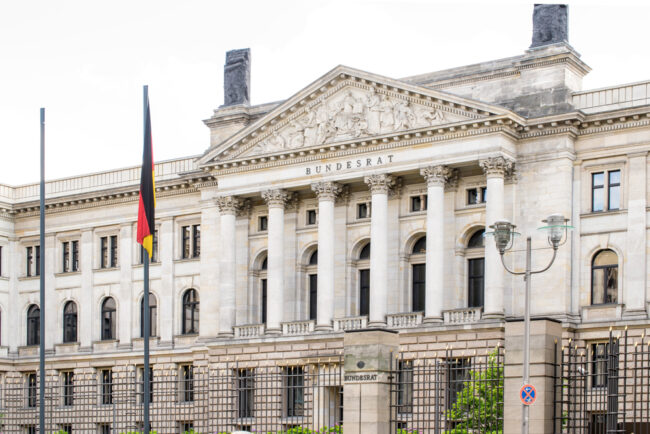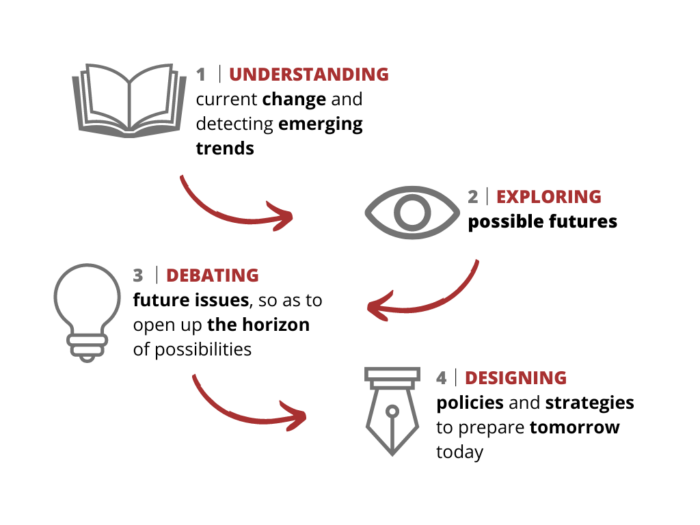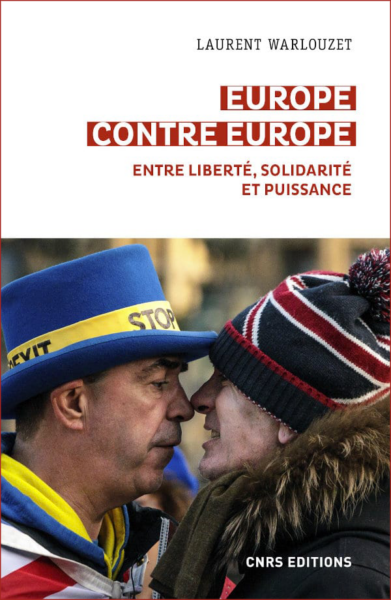The way the member states of the European Union choose to structure their territories, both politically and administratively, represents an often overlooked but very real difficulty for European integration, complicating the Union’s actions politically, institutionally, etc. To cast light on this, Futuribles has decided to examine the question of territorial organization in Europe by publishing a dossier covering three countries: Germany, Spain and the United Kingdom.
Éric Dufeil sets out the particular case of Germany, where the federal structure laid down in the aftermath of the Second World War has become a central pillar of political organization, further consolidated by reunification. After reminding the readers how this federalism operates, he highlights the generally balanced character of the country, while stressing the developmental inequalities that persist, particularly between East and West. Dufeil also writes of the recent reforms which, among other things, recentralize the management of economic equalization between territories and could lead in the medium term to a revision of the number and geography of the Länder. Lastly, he stresses, on the one hand, the demographic challenges the country faces, which might also lead to some territorial reforms and, on the other, the interesting status of the “metropolitan regions” within the country. However, given how rooted Germany is in it federal structure and the population’s attachment to that structure, adjustments, if they are made, will be carried out within the framework of the Federation.


